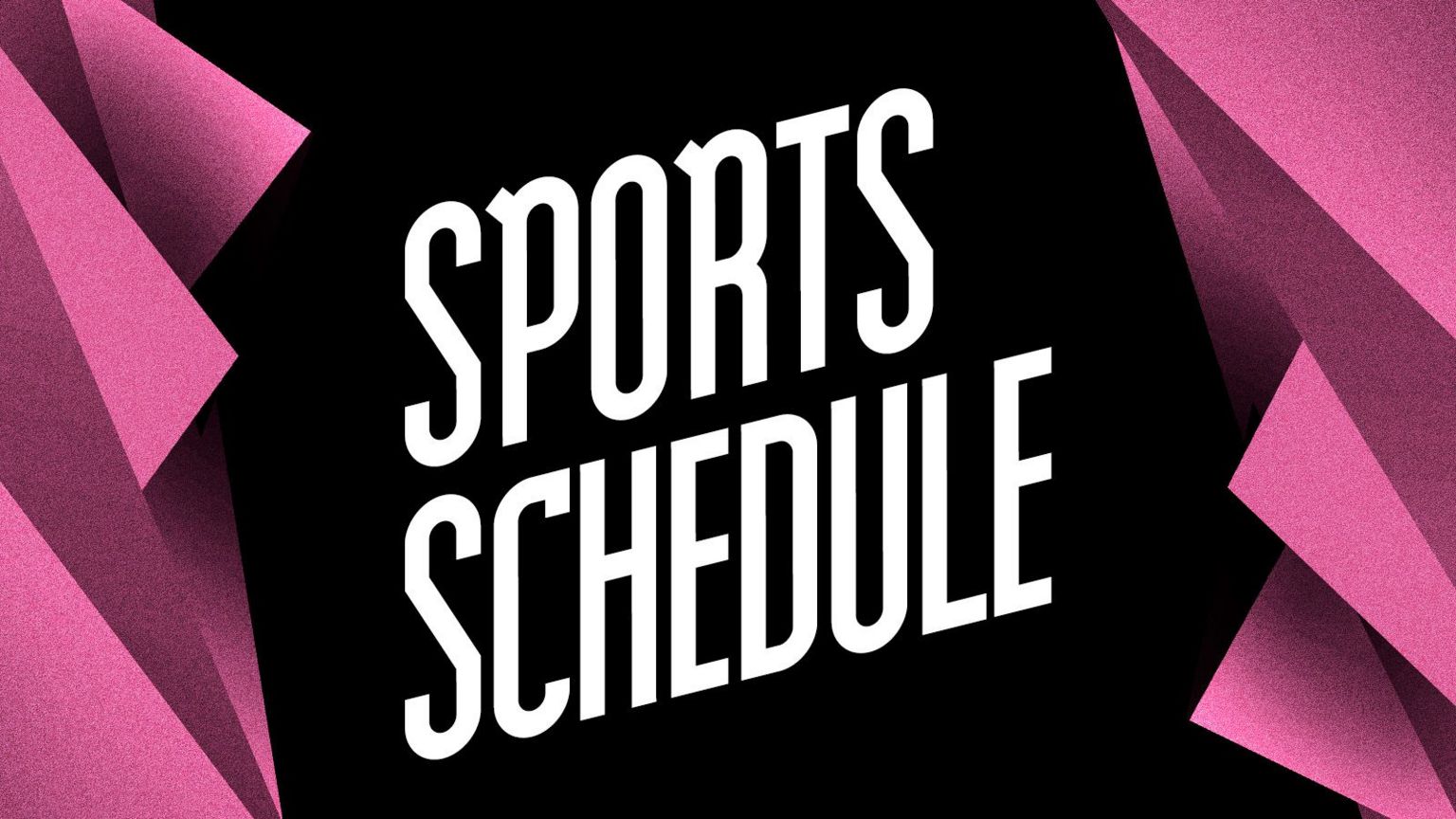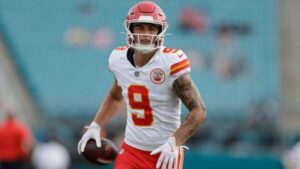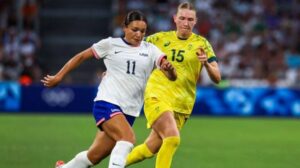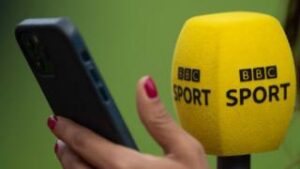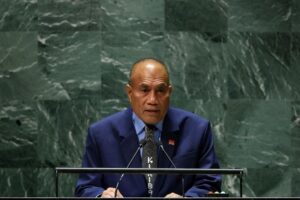Wilde and Aldridge win rowing bronzes in Paris
Welsh rowers Bekcy Wilde and Matt Aldridge win rowing bronze for Great Britain in Paris on day six.
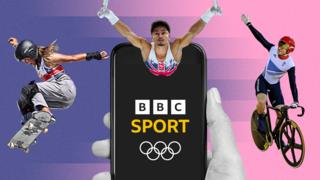
This video can not be played
To play this video you need to enable JavaScript in your browser.
Great Britain’s Helen Glover and the women’s four had to settle for silver in a thrilling final at the Paris Olympics.
The British boat of mother-of-three Glover, Esme Booth, Sam Redgrave and Northern Ireland’s Rebecca Shorten was neck and neck with the Netherlands for the final 500m of the 2,000m race.
For a moment it looked like Glover’s dream of a third Olympic gold medal would come true, but the Dutch edged them out on the line to win by 0.18 seconds.
“We put it all out there,” said 38-year-old Glover. “We raced the plan we wanted to race; we raced together with so much heart.
“There can’t be regret looking back and knowing you did all you can.”
Covid restrictions meant no families could attend in Tokyo but Glover’s three young children were in the stands this time to watch their mum win her medal.
“To have their three little faces beaming big smiles after seeing their mummy compete on the world stage, I’m really proud of that,” Glover told BBC Sport.
“I hope for mums this sends the message that you can go back to whatever you want to do and be exceptional, not despite of having children but because you have children.”
Earlier, Britain’s Mathilda Hodgkins-Byrne, another mother, and Becky Wilde secured an emotional bronze medal in the women’s doubles sculls.
Hodgkins-Byrne took time away from the sport after Tokyo 2020 to give birth, and Wilde had surgery on both arms in September.
“It hasn’t sunk in yet,” said Wilde, who was competing in only her third international event.
This video can not be played
To play this video you need to enable JavaScript in your browser.
The men’s four of Oli Wilkes, David Ambler, Matt Aldridge and Freddie Davidson fought back to claim another bronze in the final race of the day.
After gold in the women’s quadruple sculls on Wednesday, Britain now have four rowing medals in Paris, already one more than they managed at Tokyo 2020.
Daire Lynch and Philip Doyle, who is from Northern Ireland, won bronze for Ireland in the men’s double sculls.
“For months I’ve known this has been a special combination and a special partnership,” said Doyle, a qualified doctor.
‘Spending time with my kids comes next’ – Glover
Glover, who only took up rowing in her final year at university, retired for the first time after winning golds with Heather Stanning in the women’s pair at London 2012 and Rio 2016.
But after marrying wildlife TV presenter Steve Backshall and giving birth to a son in 2018 and twins in 2020, she decided to return at Tokyo in 2021.
Becoming the first mother to compete for the GB rowing team, she finished fourth in the women’s pair and stepped back from the sport again.
Her competitive spirit – and the desire to win a medal with her children in the stands – tempted her back for Paris.
Glover, who was aiming to become the first British woman to win three rowing gold medals, said she wanted to prove it was possible to be the “best athlete and best mum she could be”.
Her hopes were high in Paris after the team’s unbeaten build-up to the Games this year, and they went into the final as favourites.
The crew started steadily and were second to defending champions Romania at halfway, but the Netherlands boat powered into the lead and had the strength to hold on in a compelling race.
Glover showed little enthusiasm when asked if she might be tempted to compete in the new beach sprint discipline at the Los Angeles Olympics in 2028.
“Immediately what comes next is spending time with my kids, enjoying that,” she said. “I haven’t thought too much past the finish line.”
Hodgkins-Byrne & Wilde celebrate bronze
Hodgkins-Byrne and Wilde only secured their place at the Olympics in March after coming through the final qualifying event.
They made a strong start to their final but were overhauled by eventual champions New Zealand and silver medallists Romania.
They had to dig deep to hold off the Netherlands to secure their medal.
Hodgkins-Byrne, who continued to train while pregnant, did not want her rowing career to finish after the disappointment of Rio, where she came seventh in the quadruple sculls.
Like Glover, she has spoken about how motherhood has given her a better perspective on life but also made her more determined.
Asked what her medal proved, Hodgkins-Byrne said it was “completely possible” to balance being a mother with taking part in elite sport.
“I’m so lucky with Becky and my coach Tom (Pattichis),” she said. “Whenever I’ve had an issue with childcare or sleep or anything, both of them have been so flexible and understanding. It’s never become an issue.
“I’ve been able to be Mathilda the athlete rather than Mathilda the mum trying to juggle everything. I’m so grateful for that.”
Wilde, who swam for Wales before taking up rowing at university in 2021, said she had doubted whether she would recover in time.
“It means everything,” she said. “It was a dream come true to make it here, and to win a medal is beyond anything we could have imagined.
“I’ve worked so hard to have got here. So many people picked me up when I was at rock bottom and it’s them I have to thank.”
-
-
1 hour ago
-
Men’s four ‘a very special group’ of friends
This video can not be played
To play this video you need to enable JavaScript in your browser.
Identified in 2020 at a ‘Project Paris’ scheme to find potential Olympic medallists, the men’s four are a close-knit group of friends and are all members of the Oxford Brookes University Boat Club.
After a cautious start, the 2023 world champions fought their way through the field but could not catch the front two boats, with the US taking gold and New Zealand silver.
“It’s a pretty awesome feeling to come away with some silverware – or bronzeware,” said Ambler.
“It’s just been chugging away the last few years – working hard, tough training.”
Davidson said the last three years had been like “working every day with your best mates”.
“All of us have rowed together for about eight, nine years now,” he said. “Not always in the same boat, but these are guys who grew up together.
“It’s a very special group. I couldn’t have asked for a better group of mates to share the last three years with.”
Related Topics
-
-
2 hours ago
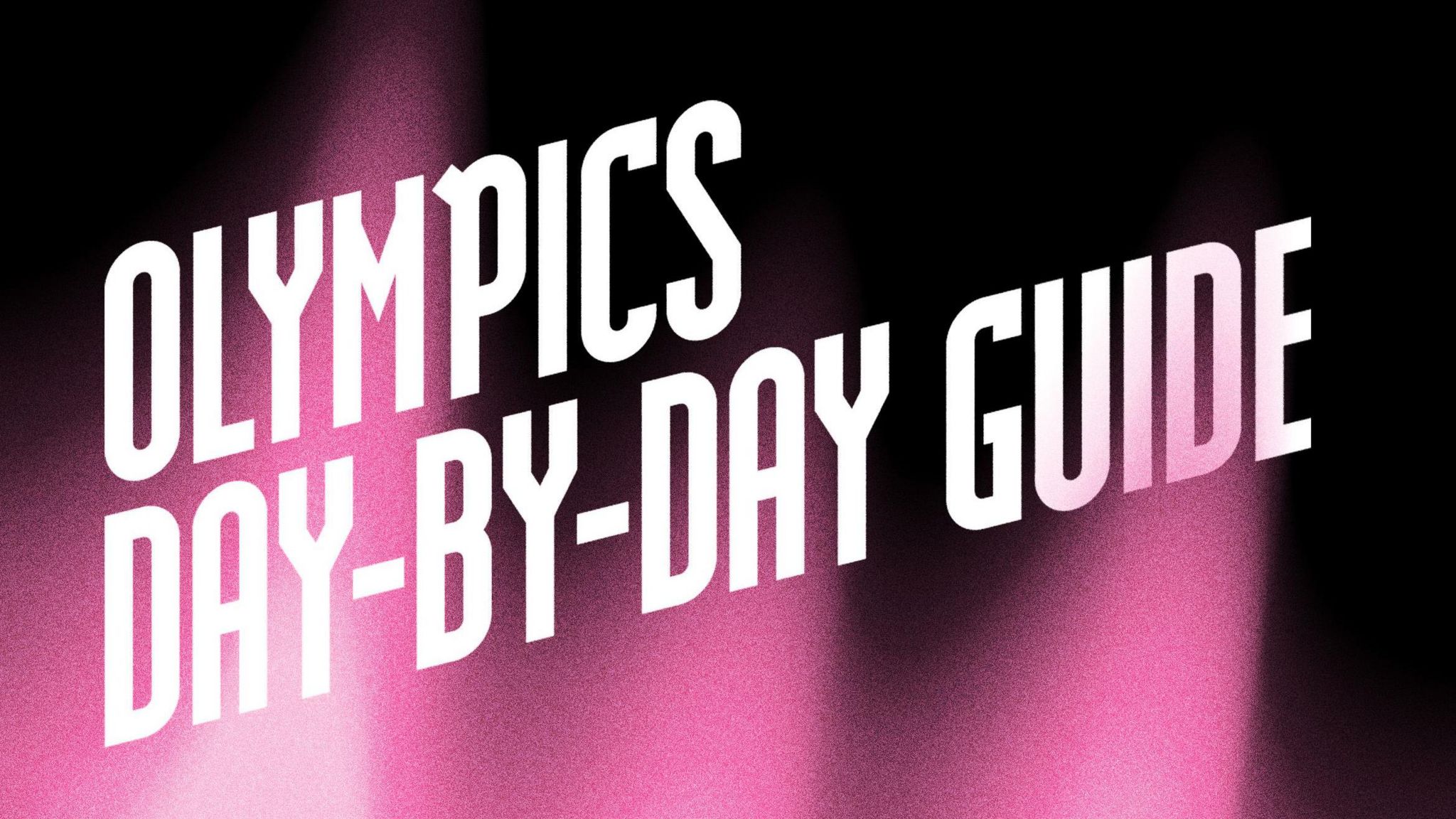
-
-
-
6 days ago
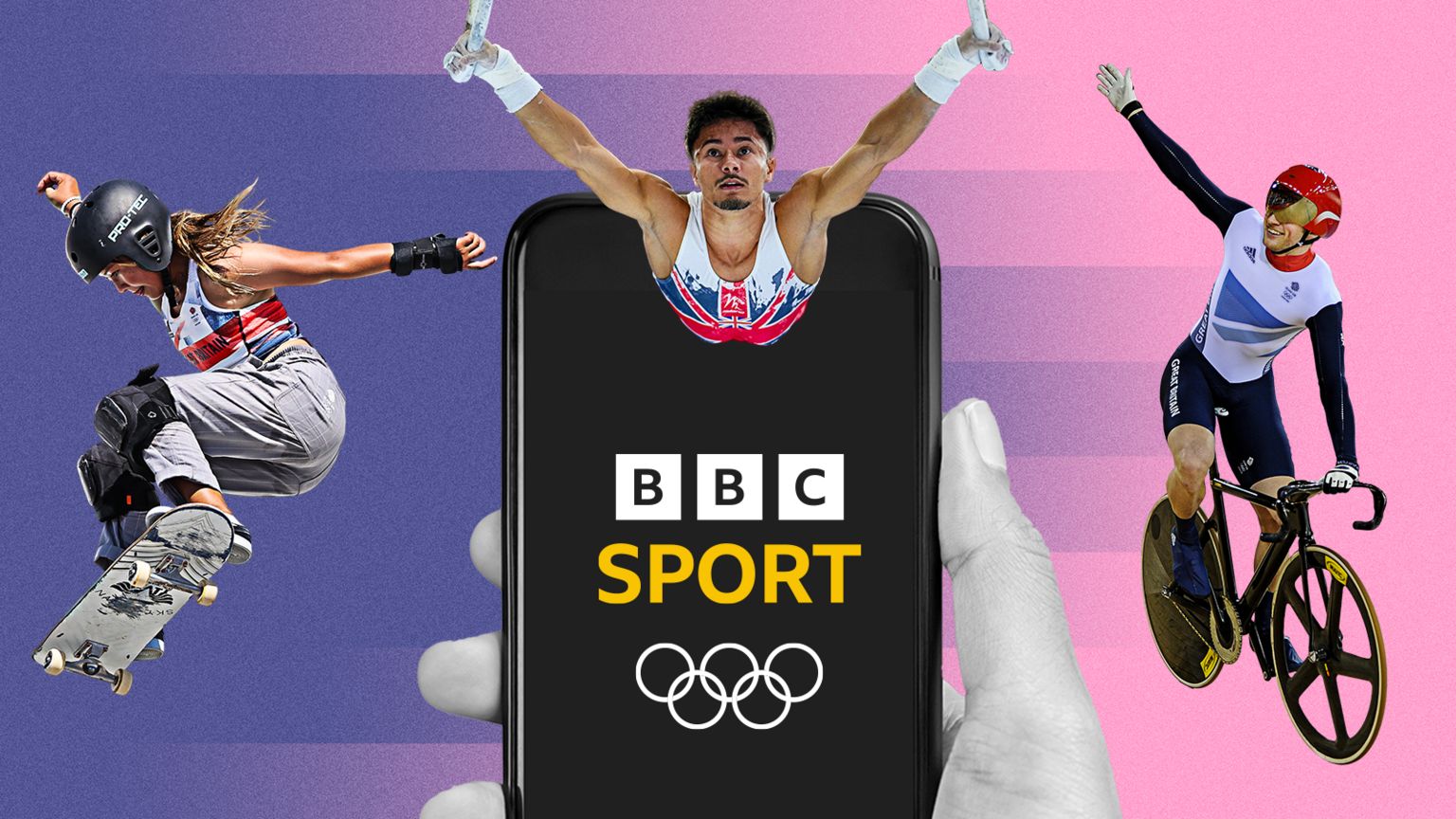
-

